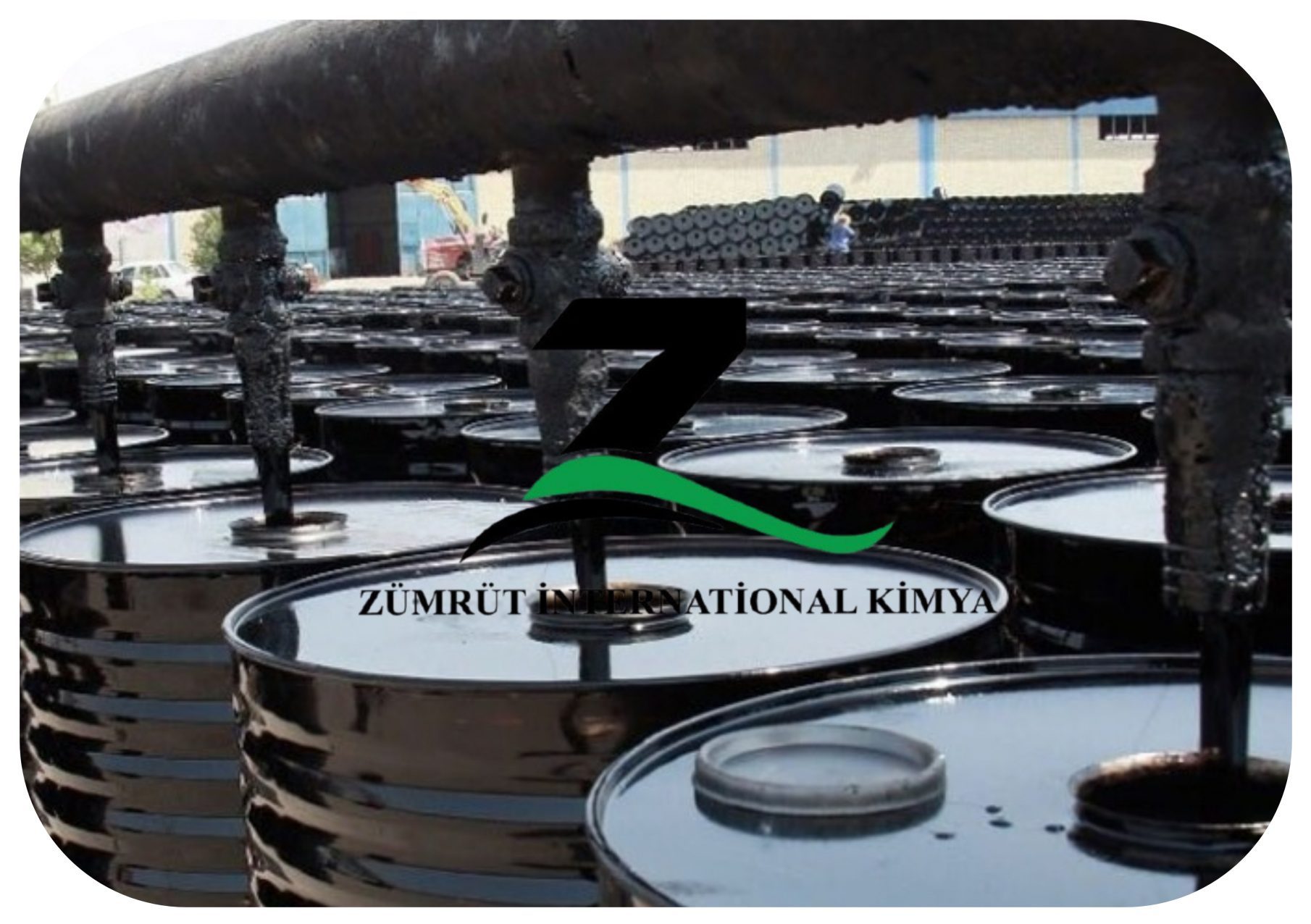Wiki
Difference Between Bitumen 60/70 and 80/100
Bitumen Supplier Around the World ⬇
Bitumen Supplier in Philippine
Bitumen Supplier in Mozambique
Bitumen Supplier in Madagascar

Difference Between Bitumen 60/70 and 80/100
Bitumen Supplier Around the World ⬇
Bitumen Supplier in Philippine
Bitumen Supplier in Mozambique
Bitumen Supplier in Madagascar

Bitumen Penetration Grad is unique for road construction in various environmental conditions. These grades of bitumen are named due to their level of hardness and consistency, which leads to the classification of bitumen in a range of grades from 30 to 120.
Pentration Grade Bitumen is Bitumen classified using the penetration property. Penetration grading’s basic assumption is that the less viscous the asphalt, the deeper the needle will penetrate. Asphalt which is produced during the process of oxidation of vacuum bottom (the Asphalt production feedstock that derives from distillation tower residue in vacuum oil refineries) at bitumen production unit in a manner that its penetration point (kind of test to indicate the hardness of Asphalt ) in specified group is classified in different grade of Bitumen. Penetration grade basic assumption is that the less viscous asphalt, the needle will penetrate deeper
This penetration depth is empirically (albeit only roughly) correlated with asphalt binder performance. Therefore, asphalt binders with high penetration numbers (called “soft”) are used for cold climates while asphalt binders with low penetration numbers (called “hard”) are used for warm climates. Just as an example to make it more clear, Bitumen 60/70, means penetration is between 60 dm (Decimeter) to 70 dm, that's mean needle will penetrate to bitumen sample minimum 60 dm and maximum 70 dm. The penetration grade bitumen is refinery bitumen which is produced by different viscosity
In fact, Penetration bitumen is semi hard black material known as petroleum grade Asphalt . The penetration test is carried out to characterize the bitumen, based on the hardness. Therefore, it has the name penetration bitumen. The common Asphalt penetration grades are 60/70, 80/100, 85/100, 40/50 and 30/40; which normally Low penetration grade bitumen is used in the warm areas while high penetration grade is used in cold areas.
The major Penetration Grade Bitumen is Bitumen 60/70 that is generally used for all the markets. If you are more interested in product information or need to place an order contact or inquire about our Sales team. Penetration Grade Asphalt is commonly used in road surfacing, and some industrial applications. Additional processing yields other grades of bitumen products and their application.
ZUMRUT INT Co.Asphalt supplies all Penetration Graded Bitumen Grades in correspondence to ASTM D946-09 and EN 12591-2009, including:
|
Bitumen 60/70 is one of the most widely used penetration-grade bitumen grades, which has an excellent compromise between hardness and flexibility. |
Bitumen penetration grade 80/100 is a soft paving-grade bitumen that’s used primarily in the production of flexible pavements, especially in mild to cool climates. |
|
Bitumen Penetration Grade 40/50 is a semi-hard penetration bitumen used extensively in heavy-duty road construction and infrastructural projects. |
Bitumen penetration grade 40/60 is semi-hard penetration grade bitumen used as a paving grade bitumen which is suitable for road construction and repair. |
Penetration grade bitumen finds extensive application in road surfacing, and other industrial applications. It is a crucial Asphalt employed as a surfacing material and of significant significance in the production of quality asphalt pavement. Penetration grade bitumen binds the aggregates together, enhancing the stability and cohesiveness of the bituminous mixture. Among all the subgrades of penetration grade Asphalt , the 60/70 grade is one of the most extensively used in road construction.
Penetration grade bitumen is typically mixed with aggregates to create hot mix asphalt for road construction. Another popular subgrade is 85/100, which has better heat retention qualities. Because it has a longer heat retention, 85/100 bitumen facilitates easy molding of asphalt on the road. Its heat retention also does not crack even at low temperatures, so it is a suitable choice for constructing durable and long-lasting roads in high-altitude and cold climate regions.
Asphalt is usually flammable and should be kept away from fire or flames. Carbon dioxide should be used as a fire extinguisher. Bitumen should be handled by engineers or staff using leather gloves, goggles, and appropriate clothes and boots. The temperature of hot bitumen is around 300°F, burning skin very badly and damaging the eyes.
Penetration Grade Bitumen is a standard bitumen usually used as a Paving Grade Asphalt essential for road construction and for the production of asphalt pavements with superior properties, and it's very important once it bounds the aggregates and creates a unique cohesion and stability to the bituminous mix. This grade of Bitumen is mainly used in the manufacture of hot mix asphalt for bases and wearing courses.
Penetration Grade Asphalt supplied by ZUMRUT Co. is petroleum grade Asphalt , manufactured from fractional / vacuum distillation of crude oil. The Bitumen supplied by ZUMRUT Co. is produced from the vacuum residue (short residue) feedstock. Penetration Grade bitumens are specified by the penetration and softening point test. The designation is by penetration range only.
The penetration grade bitumens have a thermoplastic property which causes the material to soften at high temperatures and to harden at lower temperatures. This unique temperature/viscosity relationship is important when determining the performance parameters such as the adhesion, rheology, durability and application temperatures of bitumen. The major Penetration Grade Asphalt is Asphalt 60/70 that is generally used for all the markets.
Penetration grading’s basic assumption is that the less viscous the asphalt, the deeper the needle will penetrate. This penetration depth is empirically (albeit only roughly) correlated with asphalt binder performance. Therefore, asphalt binders with high penetration numbers (called “soft”) are used for cold climates while asphalt binders with low penetration numbers (called “hard”) are used for warm climates. The penetration grading system was developed in the early 1900s to characterize the consistency of semi-solid asphalts. Penetration grading quantifies the following asphalt concrete characteristics: